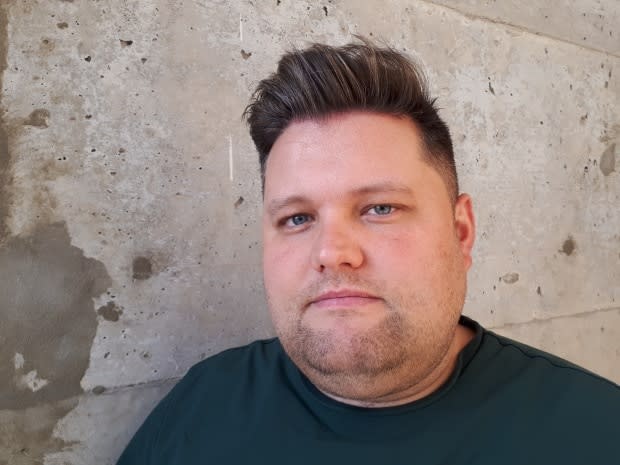Why the Halifax Pop Explosion has its sights on the northeastern U.S.
It's called the land of opportunity, but for Canadian musicians looking to tour in the U.S., getting there isn't easy.
"It's ridiculous the stuff you have to go through to try to play down there legally," said Justin Murphy, the singer and rhythm guitarist for Halifax-based rock band Walrus.
He's done a few tours in the U.S. that have taken him to places such as San Francisco, New York and Chicago.
On a recent tour earlier this year, he said he was briefly detained while crossing the border. Apparently, there was another person with his name who was previously caught crossing the border with weapons.
Murphy said the visa process is also expensive and complicated.
The website of U.S. Citizenship and Immigration Services says the filing fee for a P-2 visa, the type musicians need to perform there, is $460 US. One of the application forms is 36 pages.
With its large population, going from city to city in the U.S. is a breeze compared to the vast Canadian landscape.

"Everything's so much closer than, say, Canada, where you have to drive 12 hours to get to Montreal ... you can hit a lot more places real quick [in the U.S.]," said Murphy.
He said it's actually easier to get the necessary paperwork to tour in Europe than the U.S., where he has also previously toured.
It's for reasons like this that the Halifax Pop Explosion has traditionally focused on opening doors for artists in Europe, but that's changing.
The 27th edition of the music festival begins Wednesday, runs for four days and will feature more than 60 bands playing in venues across Halifax. Besides live shows, the festival doubles as a conference and attracts music industry insiders.
This year, the festival is focusing on building connections with promoters from the northeastern U.S. who book in cities like New York, Boston and Portland. Maine.

"We've taken a step to really say, 'You know what, it's so close to such an important market. Let's just try to focus on that.' And so we're trying to break down those barriers so that you've made the contacts that can help grow your career before you've bought the visa to go down and try to break, so it's basically a stepping stone," said Boyle.
While this will help the artists, it also helps the festival.
"We can actually make friends and colleagues that can help us grow our own festival by trading information back and forth in Portland, in New York," said Boyle. "Knowing who's playing in L.A. in October doesn't help us book a band in Halifax."
He said the northeastern U.S. was selected because of its geographical proximity to Nova Scotia, as opposed to another part of the U.S.
'Strained geopolitical relationship'
Focusing on the U.S. market during a time of trade disputes might seem like a curious one. Boyle said U.S.-Canada relations have their ups and downs, but "music hasn't stopped because of a strained geopolitical relationship."
"As complicated it is to get into the U.S. and play in the U.S., it's such a large market that a lot of musicians feel like it's what they should be focused on because that's your biggest opportunity for growth," said Boyle.
MORE TOP STORIES


